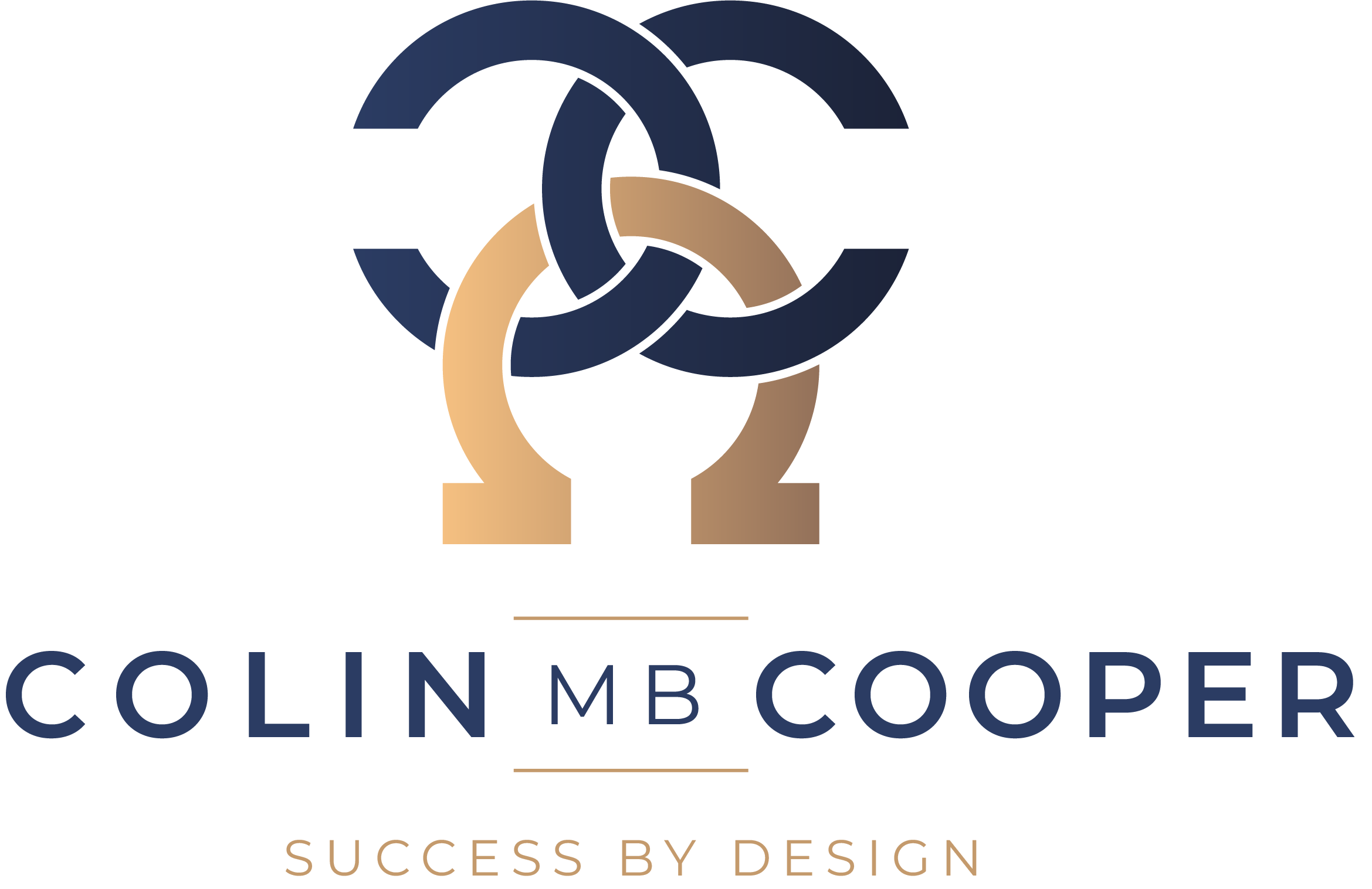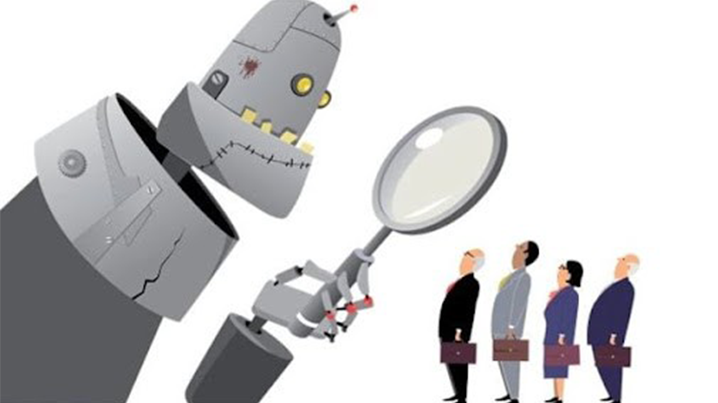In an era where innovation drives businesses and the global corporate landscape is ever-evolving, the integration of artificial intelligence (AI) into talent management stands out as one of the most transformative shifts. With AI-powered tools and algorithms, companies around the world are swiftly adopting this technology to optimise their recruitment processes, streamline candidate selection, and foster personalized employee development plans.
By leveraging AI in talent management, companies can identify and attract top talent more efficiently, predict future skills requirements, and ensure long-term retention by offering tailored growth opportunities. Let’s look at how the integration of AI into HR processes not only enhances operational efficiency but also helps organisations make data-driven decisions that align with their strategic goals.
The Paradigm Shift in Talent Management
Talent management, once dominated by traditional processes, has seen a dramatic change in the past decade. The introduction of AI has brought about more efficient, unbiased, and strategic decision-making processes in HR departments, and it’s quite astounding how technology has revolutionised the way staff are recruited and managed.
AI in Recruitment: A New Dawn
Traditional Recruitment Limitations
Historically, recruitment has been a human-driven and intuitive process. While human perspective is invaluable, traditional methods can lead to delayed hiring timelines, potential biases, and inconsistency in staff onboarding processes.
AI’s Role in Streamlining Hiring
With AI, the approach to recruitment has been revolutionised. For instance, Unilever, a multinational consumer goods company, employs AI to analyse video interviews. Their AI systems evaluate a candidate’s facial expressions, voice, and word choice against characteristics that are deemed successful within the company. This has not only shortened their hiring process by several weeks but also led to a more compatible workforce.
The AI-driven platform, Pymetrics, specifically utilises neuroscience-based games and machine learning to match candidates’ emotional and cognitive abilities with company profiles. Such methods have a two-fold advantage: companies get the right fit, and candidates find roles best suited to their skill set.
Enhancing Employee Experience: AI’s Role in Training
Once a candidate joins, their journey within the company has just begun. Proper training is crucial to ensure they can contribute effectively. AI steps in here by personalising training modules, taking into account the strengths and development needs of each employee.
For example, IBM’s Watson has been instrumental in offering tailored training. Watson breaks down training content into bite-sized, manageable chunks, adapting in real-time to the learning pace of the employee.
The AI-Driven Approach to Employee Retention
Employee retention is arguably as critical, if not more, than recruitment. Here, too, AI plays a pivotal role by offering actionable insights to foster a positive work environment and anticipate potential challenges.
Predictive Analysis and Employee Satisfaction
By analysing data like employee surveys, performance reviews, and even social media activity, AI can provide an understanding of an employee’s job satisfaction. AI can predict, with striking accuracy, when employees are likely to quit, allowing management to intervene before it’s too late.
Tailored Career Pathways with AI
Every employee envisions a growth trajectory when they join a new organisation. AI tools, by analysing data points like performance metrics, feedback, and individual preferences, can suggest potential career paths. AI-driven tools can aid employees in identifying skill gaps and recommend programs to bridge those gaps and lead to higher or alternative pathways.
The Human-AI Collaboration in HR
While AI provides tools for enhanced efficiency and insights, the essence of HR lies in human connections. Leading companies are focusing on a blended approach using AI for initial resume screening, with the later stages involving human interactions to ensure cultural fit and aligning values.
Wrapping Up
As the integration of AI in HR processes becomes more prevalent, it’s clear that its advantages extend far beyond just efficiency. AI, when used strategically, can lead to more informed decisions, better talent fit, and, ultimately, a thriving work environment. In a world where talent is a prime differentiator, leveraging AI for HR might very well be the key to a company’s success.



